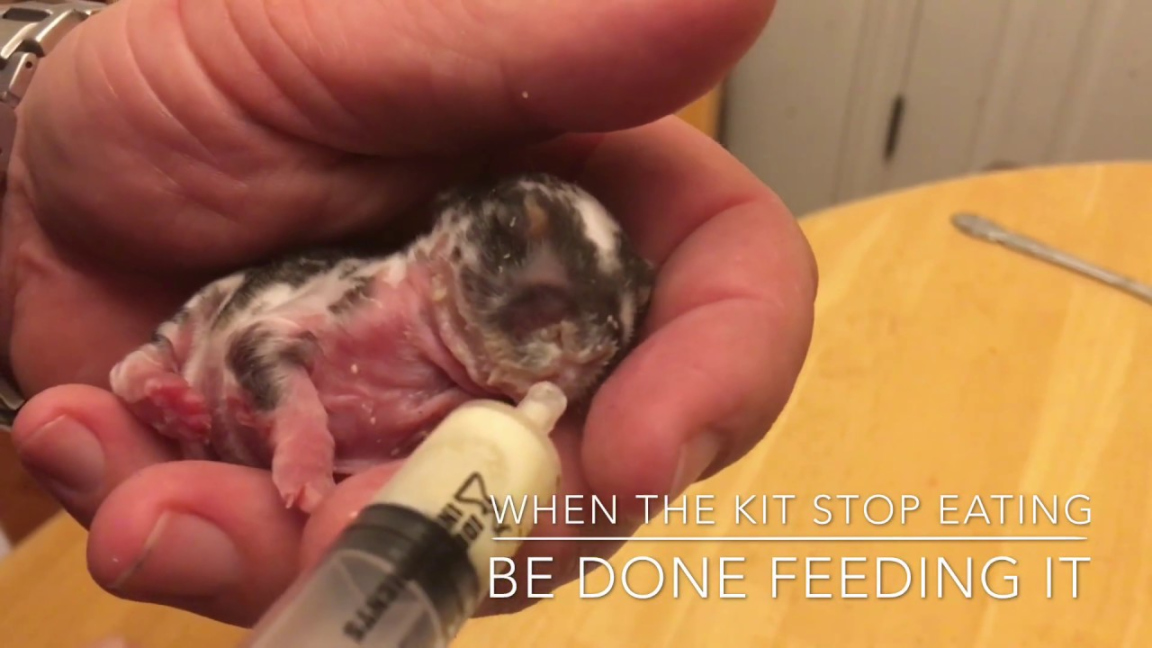How to Feed a Newborn Rabbit?
Feeding a newborn rabbit can be a delicate process that requires attention and care. Whether you are nursing an orphaned baby rabbit or helping a mother rabbit feed her litter, it’s important to provide the right nutrition and follow proper feeding techniques. In this article, we will discuss the steps to feed a newborn rabbit and answer common questions about their diet.

1. Determine if the rabbit needs feeding
Before you start feeding a newborn rabbit, it’s important to determine if the rabbit actually needs additional feeding. Newborn rabbits typically rely on their mother’s milk for the first few weeks of their lives. However, there are situations where you might need to step in and provide extra care:
- If the mother rabbit is not producing enough milk
- If the mother rabbit has rejected the litter
- If the baby rabbit has been orphaned
2. Choose the right formula
When feeding a newborn rabbit, it’s crucial to use the correct formula. Rabbit milk is rich in nutrients and differs from cow’s milk or other pet formulas. You can find commercial rabbit milk replacers at pet stores or consult a veterinarian for advice. Never use cow’s milk as it can cause digestive issues in rabbits.
3. Prepare the formula
Follow the instructions on the milk replacer package to prepare the formula. Make sure to use clean water and mix the formula thoroughly until it is well blended. It’s essential to use warm water to mimic the temperature of rabbit milk.
4. Feed the newborn rabbit
Feeding a newborn rabbit requires patience and a gentle touch. Here are the steps to follow:
- Hold the baby rabbit in a comfortable position, supporting its head and body.
- Dip the nipple of the feeding syringe or a small pet bottle with a nipple into the prepared formula.
- Allow the baby rabbit to suckle at its own pace. Do not force the milk into its mouth.
- Continue feeding until the rabbit is full. Typically, a newborn rabbit needs to be fed every 2-3 hours.
- After feeding, gently burp the rabbit by gently patting its back to help it release any trapped air.
Tip: It’s important not to overfeed a newborn rabbit as it can lead to digestive problems. Monitor the rabbit’s weight and consult a veterinarian for guidance on the appropriate amount of formula to feed.
5. Introduce solid food gradually
As the newborn rabbit grows, you will need to gradually introduce solid food into its diet. Around 2-3 weeks of age, start offering small amounts of hay, fresh vegetables, and pellets specifically formulated for young rabbits. Provide fresh water in a shallow dish as well.
Frequently Asked Questions (FAQs)
1. Can I feed a newborn rabbit cow’s milk?
No, it is not recommended to feed a newborn rabbit cow’s milk. Rabbit milk has a different composition, and cow’s milk can cause digestive upset in rabbits.
2. How often should I feed a newborn rabbit?
A newborn rabbit should be fed every 2-3 hours until it is full. As the rabbit grows, the feeding frequency can gradually decrease.
3. Can I use a nursing bottle for feeding?
Yes, you can use a nursing bottle or a feeding syringe with a nipple to feed a newborn rabbit. Make sure to choose a bottle or syringe specifically designed for small animals.
4. When should I start introducing solid food to a newborn rabbit?
Around 2-3 weeks of age, you can start offering small amounts of hay, fresh vegetables, and specially formulated rabbit pellets to a newborn rabbit. Introduce solid food gradually to allow the rabbit’s digestive system to adjust.
Related Articles…
Copyright Notice:
The images displayed here are sourced from the internet, with copyrights held by respective owners. For removal of any copyrighted image, please email us.